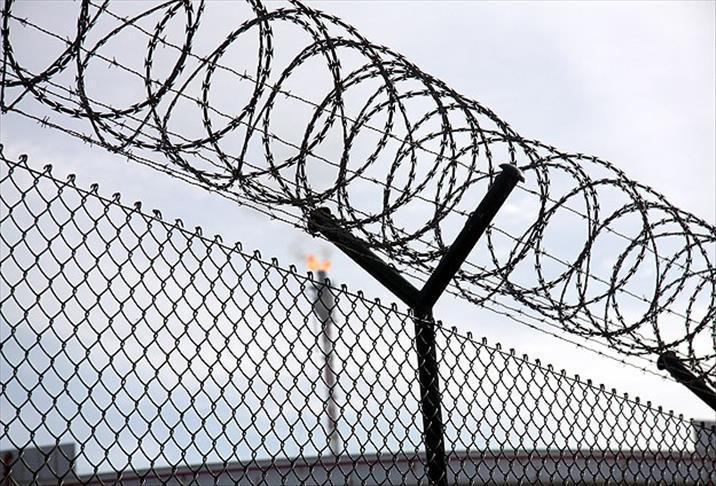
As a general amnesty law takes effect in Iraq, the country's prisons are facing a crisis of overcrowding, housing more than double their intended capacity, the country's justice minister said in an interview.
Justice Minister Khaled Shwani told The Associated Press over the weekend that Iraq's 31 prisons currently hold approximately 65,000 inmates, despite the system being built to accommodate only half that number.
“When we took office, overcrowding was at 300 percent,” Shwani said. “We’ve brought it down to 200 percent and aim to reach 100 percent by next year.”
The overcrowding has strained prison healthcare and human rights standards, he added.
The general amnesty law, passed in January with strong Sunni support, has so far led to the release of 2,118 prisoners from Justice Ministry facilities. Many others are awaiting review. Critics argue the law could free individuals involved in corruption and serious crimes.
To address capacity issues, four new prisons are being built and existing ones are being expanded.
Meanwhile, thousands of detainees remain under the custody of security agencies, awaiting transfer.
Iraq’s prisons also hold hundreds of foreign nationals convicted of terrorism charges, with repatriation talks ongoing.
Iraq has faced criticism from human rights groups over its application of the death penalty and particularly over mass executions carried out without prior notice to lawyers or family members of the prisoners.
Shwani pushed back against the criticisms of prison conditions and of the executions.
He insisted that the “number of executions carried out is limited — not as high as reported in the media” and said the death penalty is only applied in “crimes that severely threaten national security and public safety.”
Executions have been paused to reassess cases under the new amnesty law, he said.